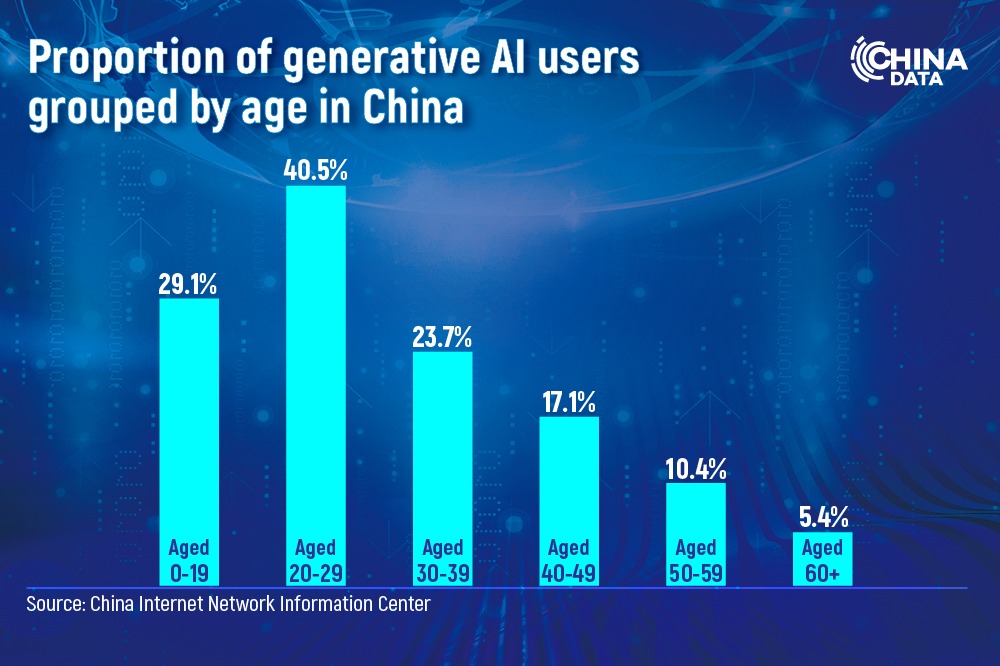Entrepreneurs acquiring practical skills


Young well-educated innovators are taking to the factory floor to find ways to merge tech research with manufacturing
Chu Yinghao, a 32-year-old entrepreneur, is one of the best educated welders in China.
He received his doctorate from the University of California, San Diego, and worked in a postdoctoral position at the San Diego Supercomputer Center. But now he spends his days in a storage rack factory, surrounded by raw materials and welded racks.
Sparks spew out around him and a smell of burning chemicals pervades the air as workers in blue uniforms and masks are busy welding.

Chu and two colleagues are working in a corner of the facility on a machine - a prototype of a robot arm that uses artificial intelligence technology to weld like a human.
The trio embodies a growing group of highly educated young entrepreneurs in China, who are conducting cutting-edge technological research and are equipped with down-to-earth manufacturing skills.
Through sheer hard work, they have become a valuable contributor to Shenzhen's scientific achievement transfer ability, which distinguishes the city as a global innovation center.
Meanwhile, their participation is supporting the upgrading of the region's manufacturing sector, as AI technology, sensors and new materials are replacing the consumption electronic terminals.
Chu co-founded the startup AIATOR in 2017 in Shenzhen. Before then, "I had never thought about learning welding, not to mention actually doing it," he said.
His team also looked into the bike-share and education industries, but now is concentrating on the manufacturing sector as he found "the largest value of AI technology" in the field.
The true value of innovation lies where the demand is the most practical, he said. In China, there are about 10 million welders and the job is injurious to their health in the long term, so many young people don't want to do it anymore.
The commercialization of AI products in the manufacturing industry is extremely hard. According to market intelligence provider IDC, the manufacturing industry only accounted for 9.5 percent of China's total AI market in 2018, while the top three are the government, internet and finance industries.
"Unfortunately, we failed to find any experienced welders who knew about AI, so we had to learn in order to connect the two," Chu said.
At the outset of developing AI technology for the industry, Chu spent about a month in a factory to learn from experienced welders. "They did not have the patience to teach us and just handed us some textbooks," he said.
He had to learn by watching the welders' movements. Now he is as familiar with welding jargon and techniques as he is with coding languages.
"Some welders' knowledge and skills are accumulated from experience and it is hard for them to describe. So we need to come to the site and try it with our own hands in order to learn and program our robots," he said, adding that this kind of information cannot be obtained from videos or photos.
"We can collect data in testing and training labs, but new factors and results always keep coming up when applying the algorithm in a real factory environment," he said.
"Once, we came up with about 400 solutions in a month and only two of them met demand," he added.




































